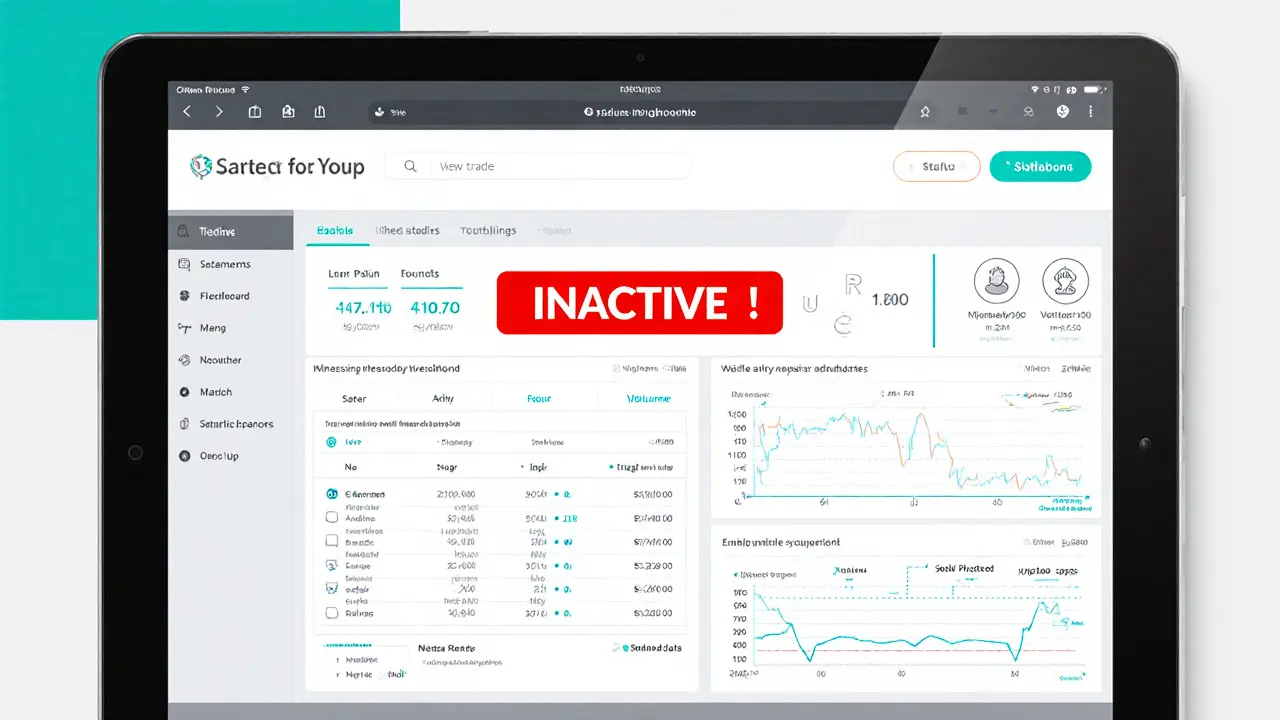Crypto Exchange Status: What It Means and Why It Matters
When looking at crypto exchange status, the current operational, security, and regulatory condition of a digital‑asset trading platform. Also known as exchange health, it helps traders decide where to place their funds. A platform’s security posture, measures such as two‑factor authentication, cold‑storage wallets, and regular audits directly influences that status, while its fee structure, trading commissions, withdrawal costs, and hidden charges determines how attractive it is for everyday users. Lastly, regulatory compliance, adherence to KYC/AML rules and local licensing can make or break an exchange’s reputation.
Key Factors Shaping Exchange Status
First off, security posture encompasses everything from encryption protocols to how an exchange stores the bulk of its assets offline. When a platform publishes its audit reports, it signals transparency, which in turn boosts its status. Secondly, fee structure requires clear breakdowns; users can compare maker‑taker rates or withdrawal fees to gauge cost efficiency. A low‑fee environment often translates to higher trading volumes, another indicator of healthy status. Third, regulatory compliance influences exchange status by determining whether an exchange can operate in major jurisdictions without legal hiccups.
Beyond those three pillars, user experience is a subtle yet powerful driver. Intuitive UI, fast order execution, and responsive support shape traders’ perception of an exchange’s reliability. When a platform rolls out mobile apps or integrates fiat on‑ramps, it adds layers to its overall status. Meanwhile, exchange rankings—aggregated scores from sites like TokenFolks—combine security, fees, compliance, and user feedback into a single snapshot, making it easier for newcomers to assess the landscape.
What does this mean for you? By checking the latest crypto exchange status reports, you can spot platforms that balance strong security, fair fees, and solid compliance. You’ll also spot red flags like sudden downtime, unexplained fee hikes, or regulatory warnings. Our collection below dives into specific exchanges, from Uzyth’s security review to detailed fee breakdowns for popular DEXs, giving you actionable data to match your risk tolerance.
Ready to cut through the noise? Below you’ll find curated guides, deep dives, and practical checklists that walk you through evaluating exchange health, comparing fee models, and staying compliant with evolving regulations. Use these resources to make informed decisions and keep your crypto moves smooth and safe.

EtherFlyer Crypto Exchange Review - DEX Status, Transparency & Risks (2025)
A detailed 2025 review of EtherFlyer crypto exchange, covering its launch, transparency gaps, user feedback, regulatory context, current non‑operational status and why traders should avoid it.
